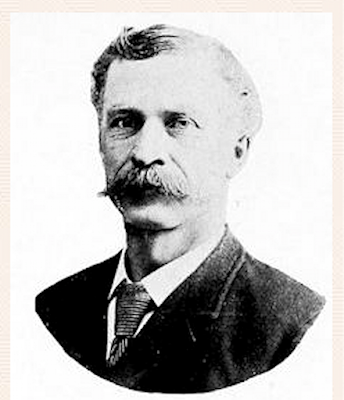Rufus J. Richardson

“Hello, is this Ed Pitts?” “Yes, it is. Who’s calling.” “This is Joe Reeder. I have a camp near the Stillwater Reservoir. Does the name Reeder or Richardson mean anything to you?” “I can’t say for sure. Richardson rings a bell but I’m not sure I can place Reeder.” “Thought so. I’m calling because I read your book on the Beaver River and I’m surprised that you didn’t mention my camp. I believe it’s probably the oldest continuously occupied camp in the whole Beaver River area.” “Really? I’m sorry, Joe. I remember now that Terry Perkins once told me I should investigate the history of your camp, but I never got around to it. To be honest, I had the impression that it was just a typical hunting camp. I’d be very happy to look into the history of your camp and, with your permission, write about it on my blog.” “Why don’t you come up to visit? I’m at camp right now. I’ll be here through the first week of November.” A week later, with my ...
